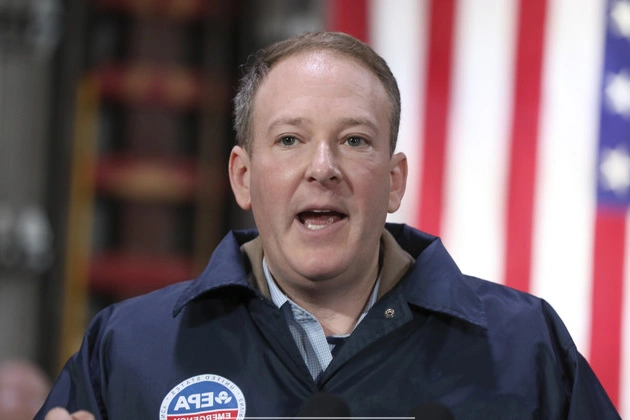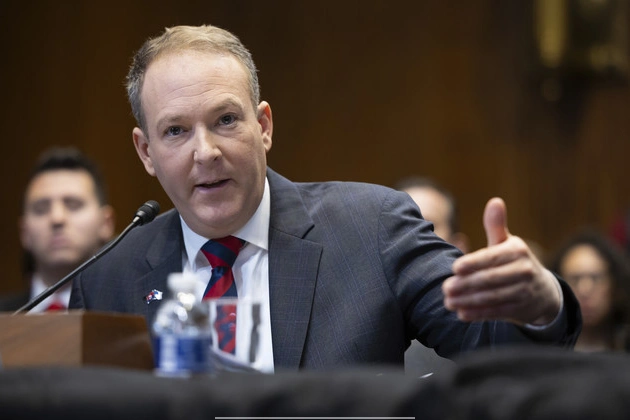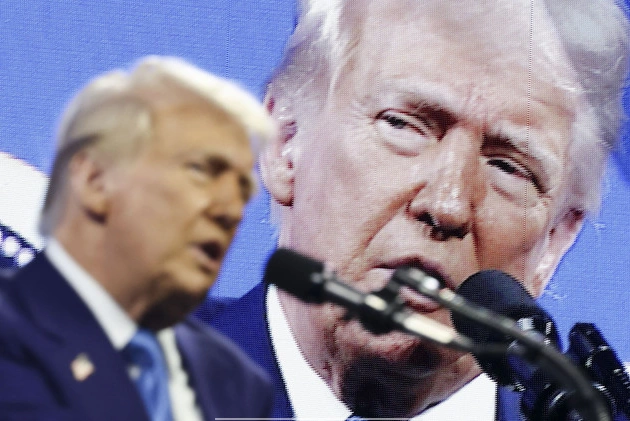
The Trump administration’s actions are reshaping the U.S. Agency for International Development (USAID) and its approach to foreign aid. President Donald Trump’s policies, influenced by Project 2025, aim to use foreign assistance to support fossil fuels.
Project 2025 and USAID
Project 2025, developed by the Heritage Foundation, outlines a plan to promote fossil fuels through USAID and eliminate regulations hindering American industry abroad. The administration’s efforts, led by Elon Musk, go beyond Project 2025’s proposals, raising questions about the agency’s future.
USAID’s Transformation
The administration’s plans include downsizing USAID’s climate policies, closing programs addressing global warming, and advocating for pro-fossil fuel initiatives in developing countries. The focus shifts towards private-sector solutions and energy promotion as tools for development.
Challenges and Controversies
The proposed changes have sparked debates about the impact on poverty alleviation, energy access, and the agency’s mission. Critics argue that reshaping USAID to align with Trump’s energy dominance vision may overlook market trends favoring renewable energy.
Concerns and Legal Issues
Musk’s involvement in restructuring government agencies, including USAID, has raised concerns about legality and congressional oversight. Lawsuits and opposition from both parties highlight the contentious nature of these changes.
Future of USAID
The future role of USAID remains uncertain, with potential shifts towards humanitarian assistance and food aid. Other agencies like the U.S. International Development Finance Corp. and the Department of Energy may take on fossil fuel promotion efforts globally.
Implications and Responses
The debate over USAID’s direction reflects broader discussions on foreign policy, energy diplomacy, and international aid. Balancing energy needs, climate goals, and economic interests remains a complex challenge for policymakers.















